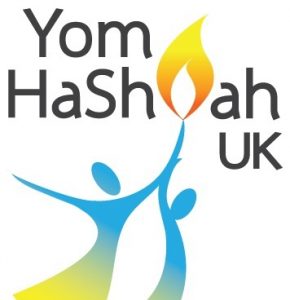What is the difference between Holocaust Memorial Day and Yom HaShoah?
This Sunday – 27 April – marks Yom HaShoah, a day of commemoration for the six million Jewish victims of the Holocaust. You might think this sounds very similar to Holocaust Memorial Day (HMD), held on 27 January, but they are two distinct days.
Yom Hashoah was inaugurated in 1953 as a day for the citizens of Israel to remember those murdered during the Holocaust. It is scheduled in the Jewish calendar on the 27th of Nisan, which falls in April or May.

Yom HaShoah
Yom HaShoah is the Jewish community’s day for internal reflection. It provides an opportunity to educate children; to unite in passing on the torch of remembrance; to honour the victims of the Holocaust; and to recognise the achievements of its survivors and refugees who have given so much to society. Yom HaShoah is usually commemorated by Jews in synagogues and at other Jewish community events.
Meanwhile, HMD is a day for everyone in the UK, no matter their religion or ethnicity, to remember the victims of the Holocaust. HMD also commemorates all forms of Nazi Persecution, as well as subsequent genocides that have taken place in Cambodia, Rwanda, Bosnia and Darfur. It falls on 27 January each year to mark the day that the Auschwitz-Birkenau concentration and extermination camp was liberated in 1945.
Although HMD is a UK-based commemoration, 27 January is the International Holocaust Remembrance Day for both the EU and the UN, which has led to many European nations sharing the same memorial day.
In London, Yom HaShoah will be marked by an event at Hyde Park’s Holocaust Memorial Gardens between 11am and 12.30pm on Sunday. HMDT Chief Executive Olivia Marks-Woldman will be attending.